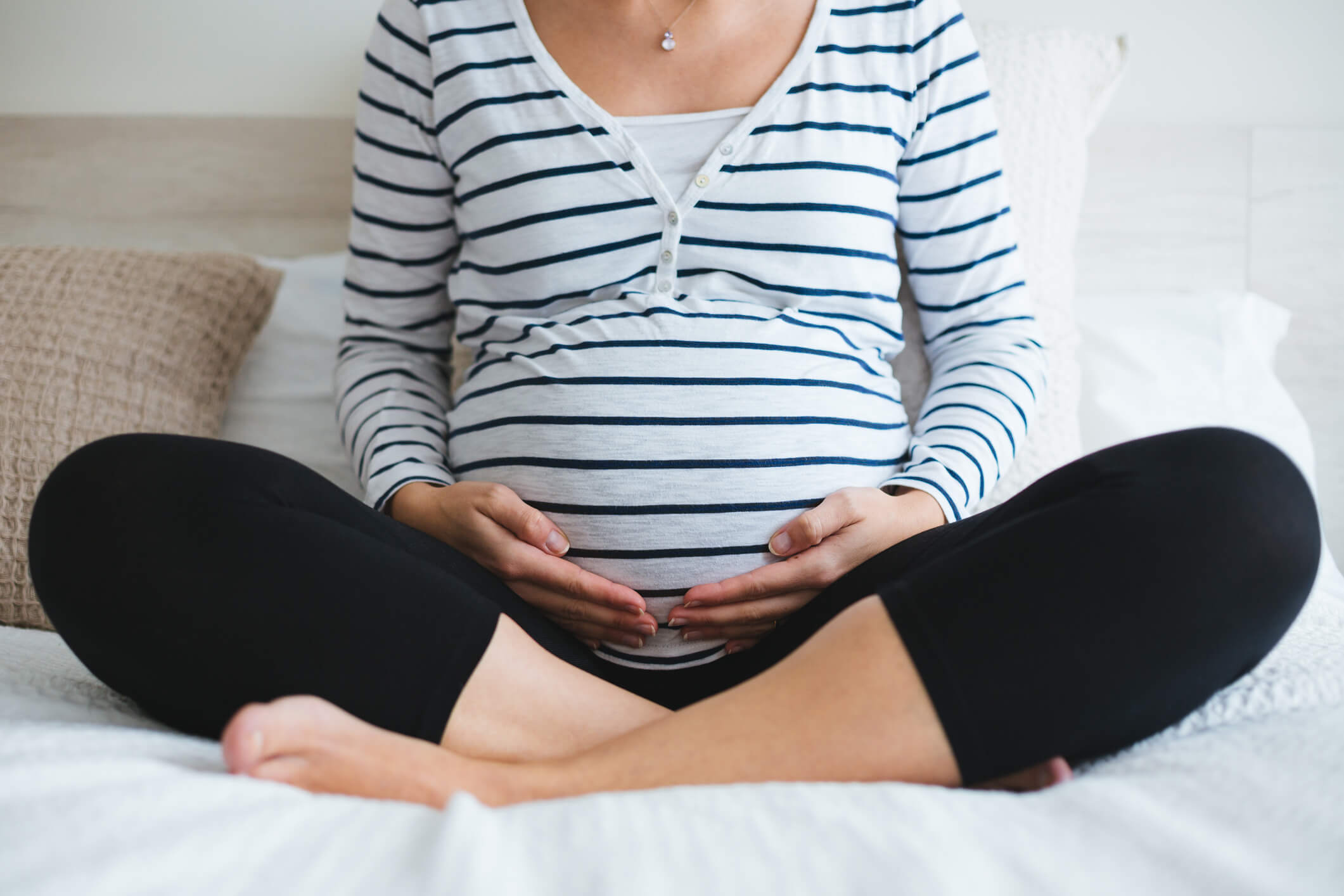-
Choosing nutritious foods is always important for our overall wellbeing, and for achieving and maintaining a healthy weight. During pregnancy, it’s especially important, both for you and your growing little one.
It may come as a surprise, but the need for increased kilojoules during pregnancy is actually quite small. However, to support your baby’s development, the quality of your diet is what matters.
The requirements for specific nutrients (for example, iodine, iron, folic acid) do increase significantly during pregnancy. Additionally, making consistently good food choices and limiting non-nutritious foods during pregnancy will help you with healthy weight gain.
Following the Australian Dietary Guidelines
To improve the quality of your diet during pregnancy, follow the recommendations laid out by The Australian Dietary Guidelines, in the great free, online resource Healthy Eating During Your Pregnancy.
The Australian Dietary Guidelines provides up-to-date advice about the amount and kinds of foods we need to eat for health and wellbeing, based on scientific evidence and research.
These guidelines recommend that pregnant woman over the age of 18 consume the following from each of the five food groups daily.
Fruit - 2 serves
1 serve equals:
- 1 medium (150 g) or 2 small pieces
- 1 cup frozen/tinned fruit
- ½ cup (125 ml) juice
- 1 tablespoon dried fruit
Vegetables - 5 serves
1 serve equals:
- 75 g or ½ cup cooked veggies
- 1 cup salad
- ½ cup legumes
- 1 medium potato
Tip: Fruit and vegetables are important sources of vitamins, minerals, antioxidants, fibre and energy.
Protein/meat - 3 ½ serves
1 serve equals:
- 65 g cooked red meat
- 80 g cooked poultry
- 100 g cooked fish
- 2 large eggs
- 1 cup legumes
- 30 g nuts/seeds
Tip: Choose lean varieties. Protein is a great source of iron, zinc, B vitamins and protein.
Dairy - 2 ½ serves
1 serve equals:
- 250 ml milk
- 1 tub yoghurt
- 40 g hard cheese
Tip: Choose low-fat varieties. Dairy is a great source of protein and calcium.
Bread and cereals - 8 ½ serves
1 serve equals:
- 1 slice bread
- ½ cup cooked pasta
- 1/3 cup cooked rice
- 2/3 cup flaky cereal
- ¼ cup muesli or uncooked oats
- 2 – 3 crackers
Tip: Choose low GI and wholegrain varieties. Bread and cereals are great sources of energy, fibre, B vitamins, iodine and folate.
Treats - eat in small amounts or infrequently
1 serve equals:
- 1 tablespoon butter or margarine
- 3 - 4 plain sweet biscuits
- 6 squares plain chocolate
- 2 small scoops ice cream
- 30 g potato chips
Tip: While it’s okay to have treats occasionally, it’s important to fill up on recommended, nutritious foods over foods high in fat, sugar and salt.
What should you eat during pregnancy?

-
Avoiding cold and flu during pregnancy
During pregnancy, women are at an increased risk of experiencing complications from the flu. Make sure you understand what steps you can take to help keep you and your baby healthy.
-
Choosing childcare that fits your family
Here’s what you need to know when choosing childcare
-
How to avoid 'dad bod'
How to keep fit and healthy with a new baby in the house
-
Expecting a baby during COVID-19
We address some common questions you may have.
-
How your extras can help during pregnancy
Use your cover to stay healthy
-
Pregnancy self-care essentials
Obstetrician Dr Chris Russell shares some advice.
Subscribe to receive the best from Live Better every week. Healthy recipes, exercise tips and activities, offers and promotions – everything to help you eat, move and feel better.
By clicking sign up I understand and agree to Medibank's privacy policy






